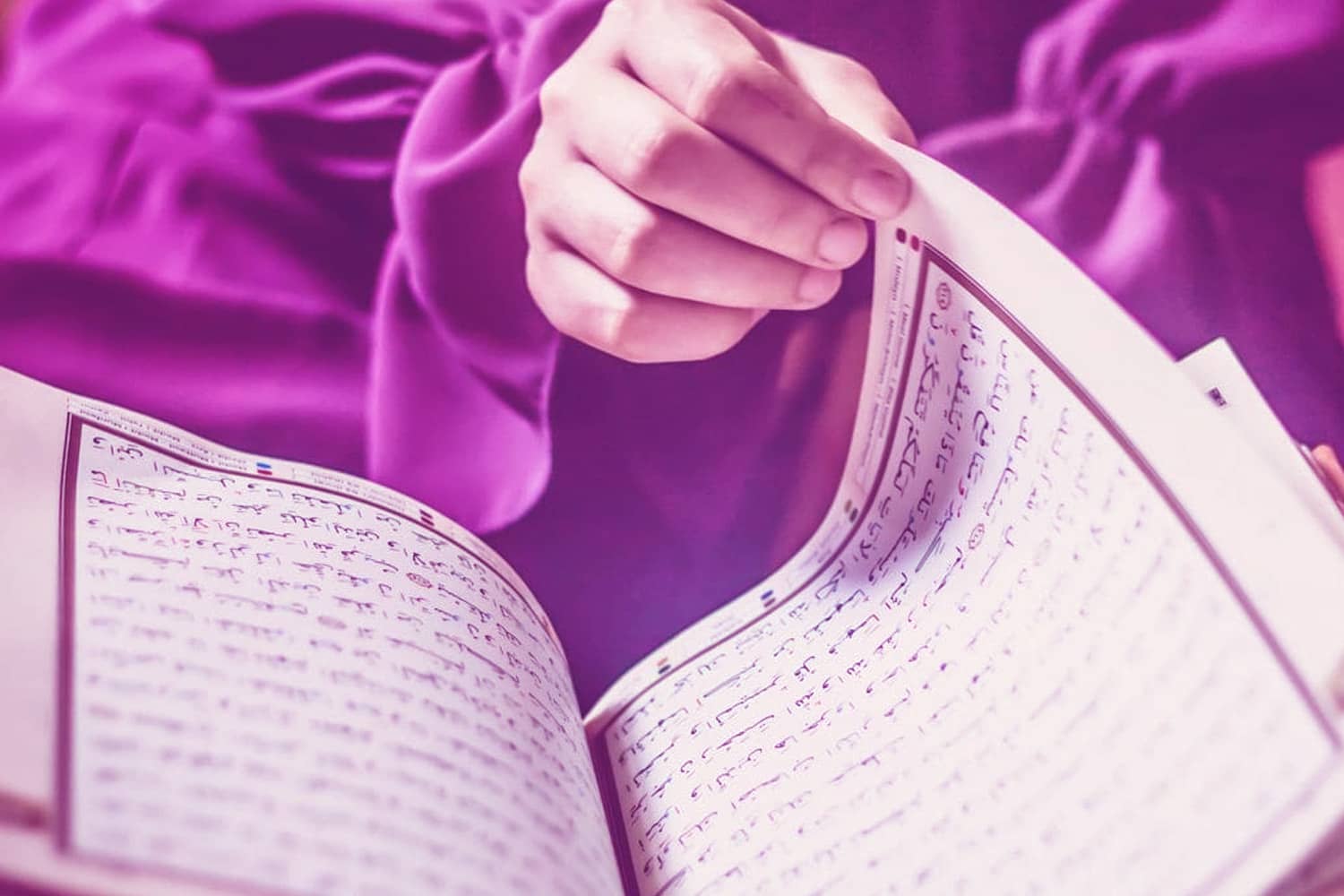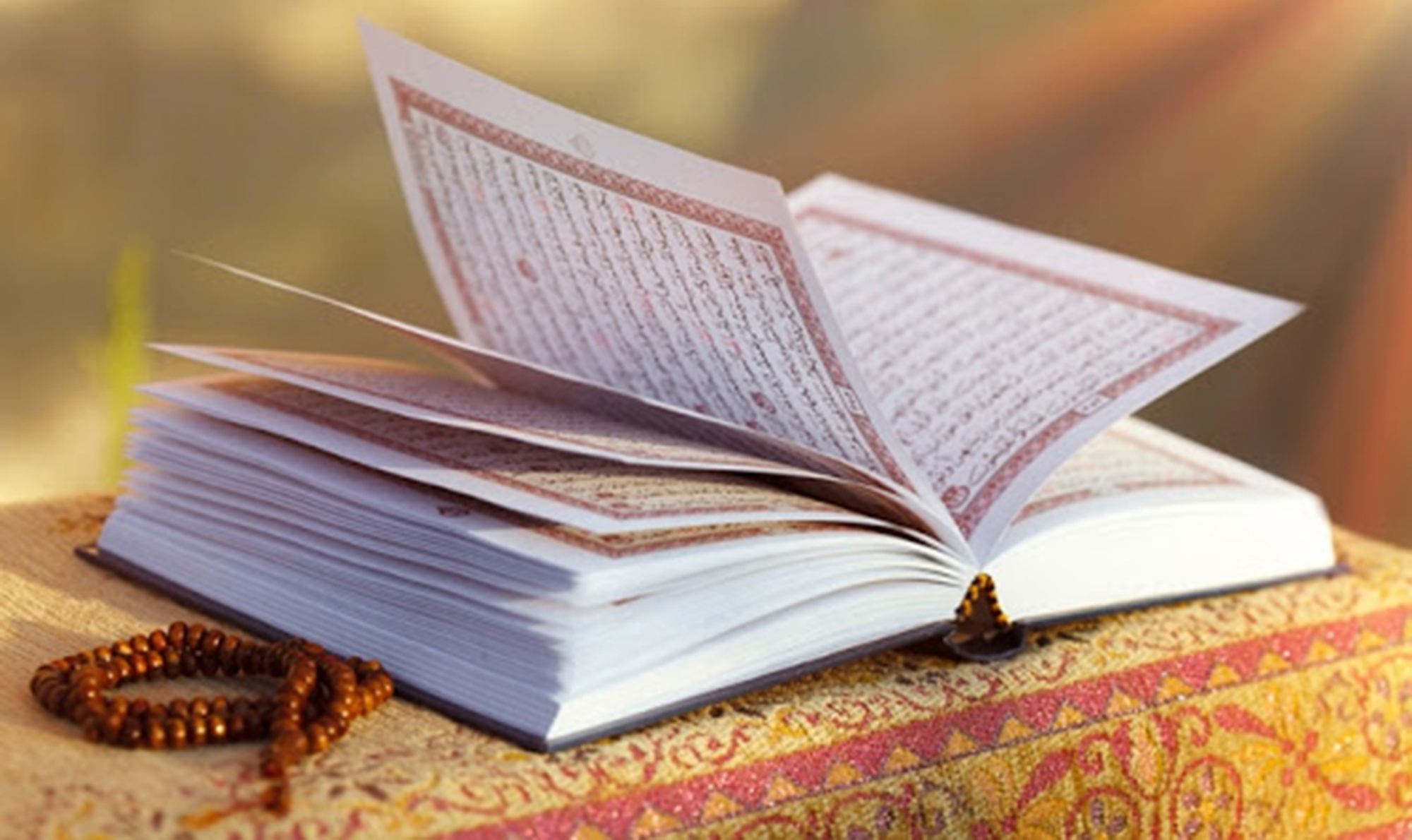Qiraat, in the context of Islam, refers to the various ways the Quran can be recited. It’s not just about reading the text; it’s about understanding and embodying the divine message through different styles of recitation. The importance of Qiraat lies in its role in preserving the integrity and authenticity of the Quranic text throughout history.
The Importance of ten Qiraat of Quran in Islam
The origins of Qiraat can be traced back to the early days of Islam. As the Quran was revealed orally to Prophet Muhammad (peace be upon him), its recitation was crucial for its preservation. The companions of the Prophet meticulously memorized and transmitted the Quran, ensuring its accurate recitation and pronunciation.
Understanding ten Qiraat of Quran
The concept of Qiraat gained prominence during the time of the Prophet’s companions and the generations that followed. Scholars and reciters developed various methods of recitation, each with its unique style and rules. These different styles emerged due to variations in dialects and linguistic nuances across the Arabian Peninsula.
Origins of the ten Qiraat of Quran
The Ten Qiraat of Quran, specifically, refer to ten renowned methods of recitation that have been recognized and accepted by Muslim scholars over the centuries. These ten methods are attributed to well-known reciters who mastered the art of Quranic recitation and passed down their knowledge to subsequent generations.
The Ten Qiraat of Quran: An Overview
Each of the Ten Qiraat has its own distinct characteristics, such as pronunciation, intonation, and rhythm. Despite these differences, all ten methods are considered valid and acceptable for reciting the Quran. This diversity enriches the recitation of the Quran and reflects the beauty and richness of the Arabic language.
Historical Context of the Ten Qiraat of Quran
The historical context of the Ten Qiraat of Quran is rooted in the efforts of early Muslim scholars to standardize the recitation of the Quran and preserve its authenticity. Through meticulous study and scholarship, these scholars codified the rules and principles of each Qiraat, ensuring their transmission to future generations.
Hekma Academy aims to provide an easy and smooth learning journey. It is also proud to provide a unique experience for its graduate students from our Quran Courses in United States (US), United Kingdom (UK), and Canada. Get your chance to join the alumni list now and enjoy the free trial.
enjoy your Free Trial now!







